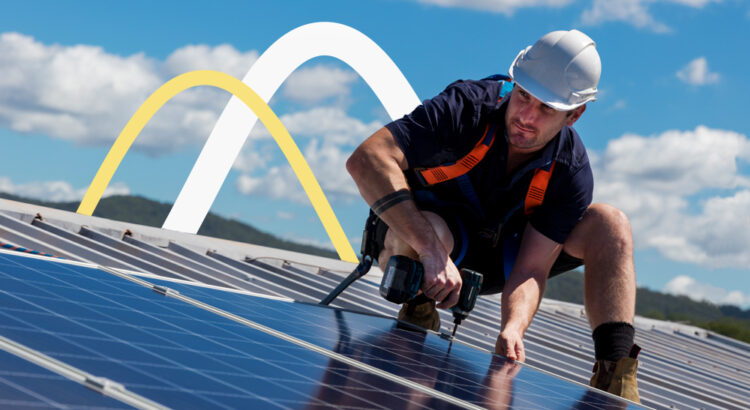ACOSS supports a rapid transition to clean electricity to reduce our carbon pollution. In the short-to-medium term the electricity sector can and should transition faster than other sectors, but this transition has to be well managed, inclusive, equitable and affordable.
Electricity prices have however, skyrocketed, energy inequity has increased and carbon pollution continue to rise.
Low-income and disadvantaged households are bearing the brunt. That’s because they pay disproportionately more of their incomes on electricity and have less choice and control to reduce bills.
Reducing energy stress is more than just about the cost of electricity, it’s also about the size of the bill and the ability to pay.
ACOSS is focused on five policy outcomes that are necessary to support low-income and disadvantage households as we transition to clean energy, requiring policies to
- Deliver cheaper clean energy;
- Inform and enable consumers to engage in the electricity market;
- Improve household efficiency and productivity;
- Improve capacity to pay bills; and
- Provide stronger consumer protection.
Recent Work
National Energy Guarantee (NEG)
The NEG is being developed to reduce carbon pollution in the electricity sector. It also seeks to support efforts to address system reliability and electricity affordability. While ACOSS supports the aims, more work is needed to address our concerns around the low emission reduction target, as it’s not cost effective and it’s inequitable. Read our submissions here.
Energy Efficiency
ACOSS, the Property Council of Australia and the Energy Efficiency Council commissioned polling that found voters want governments to make energy efficiency a top priority, including mandatory energy efficiency standards for rental properties. Read the report here and opinion peice here.
Clean Energy for All
The shift from a centralised fossil fuel energy system to a decentralised clean energy system can create efficiency and opportunities that benefit all consumers. Yet, unless there are measures to ensure low-income and disadvantage households can access distributive energy like solar and batteries, the transition has the potential to increase inequality. Read more here & here [presso to Smart Energy Expo]
ACCC Retail reform
While some disadvantaged households engage in the energy market to find the best deals, there is a significant proportion who are not able to access the same low cost offers, and who are thus further penalised. Significant reform is needed with respect to retail practice and engagement to reduce bills and social policy to improve capacity to pay. Read more here.
Empowering disadvantaged households to access affordable, clean energy
Other climate and energy pages
ACOSS climate and energy policy platform
ACOSS climate and energy publications
Energy Savings
Information on how to get a better retail offer, improve energy efficiency and access concessions.
